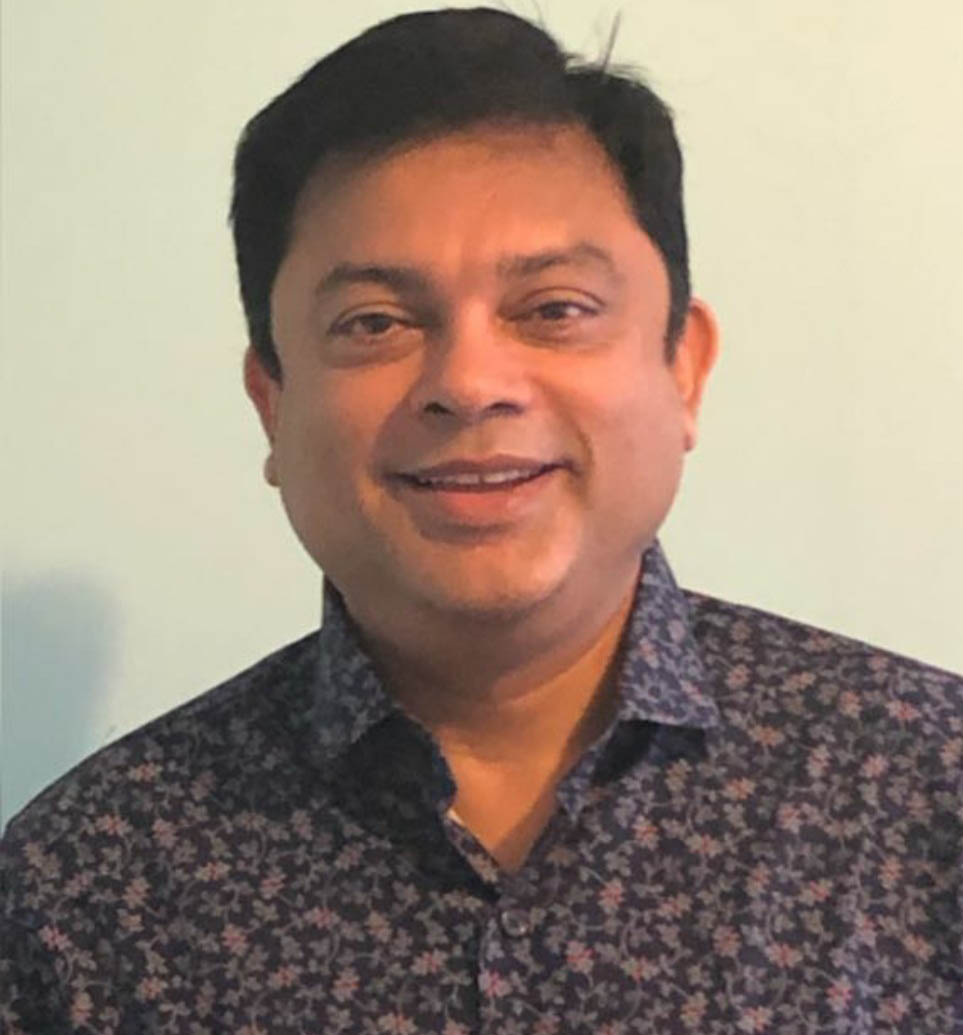Chief Medical Officer (CMO) Narine Singh has acknowledged that the home isolation system for COVID-19 patients is “not a fool proof system,” but says Guyana does not yet have the capacity to institutionalise all persons who test positive for the virus.
In an interview with Stabroek News on Thursday, the CMO explained that when persons test positive for the virus, a determination is made depending on that patient’s clinical presentation.
“Usually an assessment is made by the surveillance persons or the person who is doing the assessment to determine if they can home isolate or they need institutional isolation,” Singh said.
He went on to say that there is a checklist that the surveillance team goes through to make that determination. That checklist, he said, contains questions including how many persons reside in their home and if they sleep in a bedroom by themselves. This he said, is to ensure that there is a possibility for those persons who are asymptomatic to isolate at home without spreading the virus.
“Once we have your contact information, we can contact you daily, you can stay in a room without others, once that determination is made then we can decide who needs home isolation and who needs institutional isolation,” the CMO noted.
“It’s not a perfect system, people can tell you lies… because nobody likes to be institutionalised and be locked up in a hospital and so that’s again where we need the support of the citizens,” he further added, while stressing that the health authorities are depending on those patients who test positive to be truthful to both themselves and the health authorities in order to protect others.
If those persons are not truthful and that continues to be a problem in the system, he said they will have to bring everyone that tests positive into institutional isolation facilities and that capacity currently does not exist.
He indicated that in some cases, asymptomatic patients are kept in institutional isolation because they can’t isolate at home based on certain circumstances, this, he said, is done to monitor those cases and prevent spread.
“We try to keep the facilities for the persons who need medical attention, and so for those who might be showing symptoms or the older people who might be sick and have other comorbidities, we want to save those bed spaces for those patients,” Singh added.
‘Play your role’
Meanwhile, Singh stressed that COVID-19 can only be contained if persons adhere to government imposed restrictions and other precautionary measures.
Singh stated that the government alone cannot contain the disease because eradicating COVID-19 is also dependent on the entire population’s response to it.
“Even though the measures are harsh, their intention is to reduce the spread until we can get an effective vaccine. It is one of the biggest strategies and the other strategy is improve our ability to deal with the cases. COVID won’t go away unless people adhere. Some people are complaining about lockdown fatigue and people believe that this thing is not real and it is here and very real and we have to deal with it and if they [people] don’t change, they could be the next victim,” he added.
The CMO went on to say that people don’t change overnight, which is why the Health Ministry has started intense awareness campaigns but he said it has become apparent that strict enforcement of the measures have to be considered.
“We will have to bring the law because you can’t choose with public health. Other people will be affected because of your behaviours and that’s why we have to get law enforcement. People say police is harsh but we have to be harsh because it’s the only way we can get control of this situation. Everybody is saying that the numbers are rising and what is the Ministry of Health [is] doing. We are doing things but you have to play your role, the public have to play their role,” he said.
In addition, he said, the pandemic caught everyone off guard and Guyana like many developed countries were not prepared to handle the magnitude of cases that arose. At the beginning, he said, the health sector in Guyana faced challenges with human resources and struggled to put strategies in place to contain the disease. He noted that it is still difficult to manage the pandemic but they are working towards controlling the spread and limit the effect of the pandemic in Guyana.
With no vaccine and no standard treatment, he added, they will have to continue to enforce all measures.






